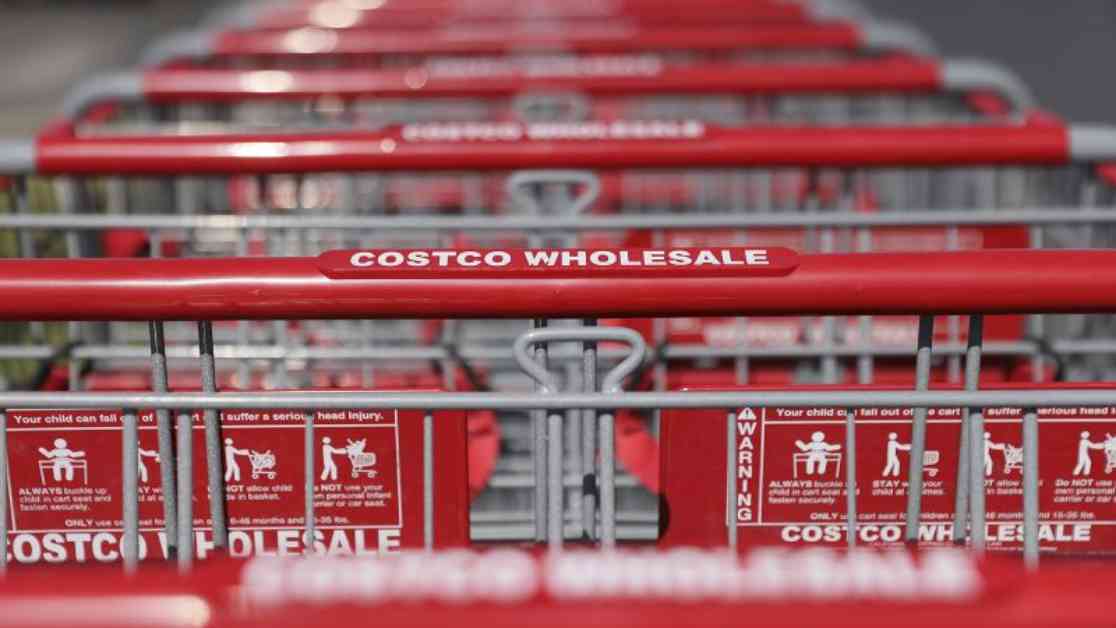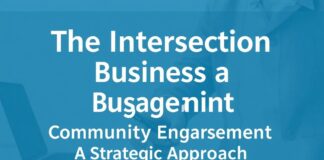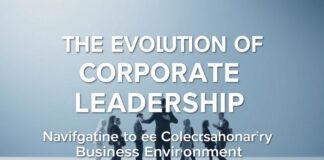In today’s rapidly evolving business landscape, the era of freeloading is coming to an end. Tech companies are cracking down on account sharing and loopholes that have allowed consumers to access services without paying for them. This shift is reshaping the way we interact with businesses and consume products, signaling a new chapter in the relationship between companies and customers.
### The Rise of Account Policing
Tech companies have long been aware of the issue of account sharing and freeloading. While some may view it as a harmless way to access services without paying, companies see it as a loss of revenue and a violation of their terms of service. In response, companies like Costco, Disney, and Netflix have implemented measures to crack down on account sharing and ensure that only paying customers have access to their products.
The days of using your sister’s Costco membership card or your college roommate’s ex-boyfriend’s Netflix login are coming to an end. Companies are utilizing advanced technology to track IP addresses, verify status, and prevent unauthorized access to their services. This means that if you want to enjoy the benefits of these services, you will need to have your own legitimate membership or subscription.
### The Netflix Effect
Netflix was one of the first companies to address the issue of account sharing and implement measures to prevent it. For years, the streaming giant turned a blind eye to password sharing in order to grow its user base and establish itself as a dominant player in the streaming market. However, as competition increased and the company faced a decline in subscribers, Netflix made the decision to crack down on account sharing and require users to have their own subscriptions.
This move was met with mixed reactions from consumers, but ultimately proved to be successful for Netflix. The company saw a significant increase in subscribers and revenue, demonstrating the value of enforcing subscription policies and ensuring that customers pay for the services they use.
### The Cost of Freeloading
While some consumers may see account sharing as a harmless way to save money, the reality is that it comes at a cost to businesses. Companies rely on subscription fees and membership dues to generate revenue and sustain their operations. Account sharing not only deprives companies of this revenue, but also undermines the value of their products and services.
Costco, for example, generates a significant portion of its revenue from membership fees. The company’s entry-level membership fee is just $60 a year, a relatively small price to pay for access to exclusive deals and discounts. By cracking down on account sharing and enforcing membership policies, Costco is able to maintain low prices and keep its staff paid, ensuring the continued success of its business model.
### The Future of Business
As companies continue to crack down on account sharing and freeloading, consumers will need to adjust to a new era of business. The days of accessing services for free through loopholes and shared accounts are coming to an end, requiring individuals to pay for the products and services they use.
While this may be a significant change for some consumers, it ultimately benefits both businesses and customers. By enforcing subscription policies and membership requirements, companies are able to generate revenue, sustain their operations, and provide a high-quality experience for their customers. This shift signals a new chapter in the relationship between companies and consumers, one that emphasizes the value of paying for the products and services we enjoy.
In conclusion, the end of freeloading marks a new era in business, one that requires consumers to pay for the products and services they use. Companies like Costco, Disney, and Netflix are cracking down on account sharing and enforcing subscription policies to ensure that only paying customers have access to their services. This shift reflects the evolving relationship between companies and consumers, emphasizing the importance of supporting businesses and paying for the products and services we enjoy.






















